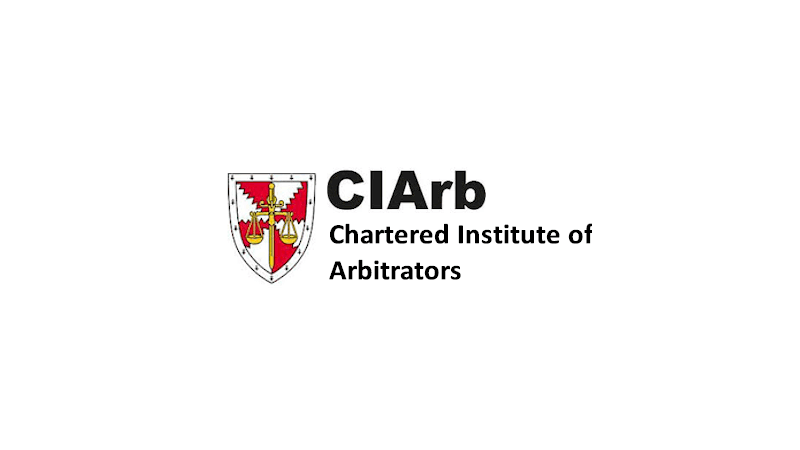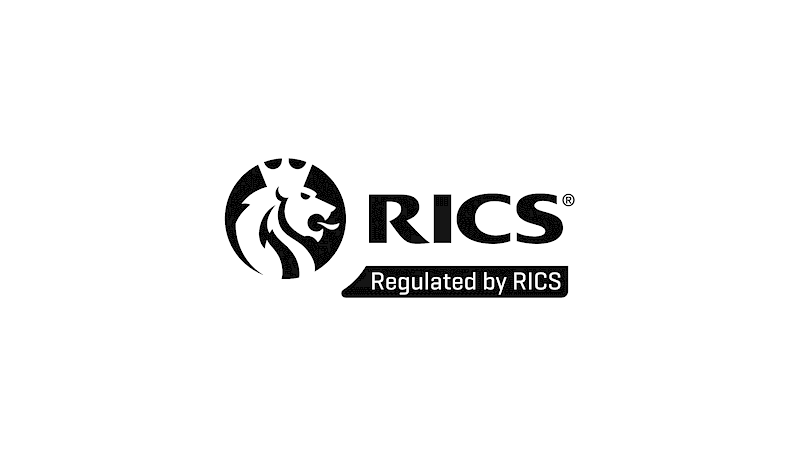July Auction Results Assist High Street Shop DVs
Two July auctions have served to starkly illustrate what we have been generally advancing as expert evidence in diminution valuations of vacant high street retail properties.
In the Lambert Smith Hampton auction, refurbished (mixed use) and vacant shops struggled to sell.
Conversely, three former NatWest banks performed well. These were not refurbished (i.e. no dilapidations money spent), being Henfield, Benfleet and Canvey Island. These sell for on average 30% over their guide prices.
Oliver Childs, Head of Lambert Smith Hampton Auctions, was reported as explaining this differential by way of:- “That’s where people perceive opportunity. It’s not refurbished property ready to go. Someone has to spend money.”
Mr Childs went on to explain that the market is witnessing polarisation; purchasers are generally eschewing stock where “the opportunity has already been taken”.
Margins are being squeezed for property companies seeking to turn the refurbished property, particularly high street shops.
The pattern of results at the Acuitus auction in July seemed similar, with considerably reduced interest in vacant retail lots, as well as those with short unexpired lease terms.
What these results illustrate and reinforce from the perspective of diminution valuations is that:-
- “Doing the works” can in fact even further suppress saleability (hence value), then not doing them (i.e. leaving the choice of what to do, hence level of risk/judgement, to the purchaser). In other words, far from crystallising loss, “doing the works” can increase (irrecoverable) loss;
- Significant probable supersession can generally be reasonably assumed for vacant high street shops/banks, in spite of what works the actual owner has/claims are going to be, done;
- Vacant high street shops are generally very hard to sell these days, but more so if “works done”.
The building surveyor is charged with identifying and pricing all breaches of covenants to repair, decorate and reinstate. In so doing, the building surveyor can and should reflect obvious supersession.
But the valuer can and should go further if evidence of expert opinion and/or local transactions supports such. In other words, in spite of the extent of works which an owner claims are planned, the valuer can and should assume supersession in the context of “Limb 1” (the hypothetical purchaser), if such fits with experience and/or local evidence.
The above represents the first “filter” which the valuer applies i.e. probable supersession.
The second “filter” is to similarly apply open market transacting experience and/or local evidence to remove items which, whilst having to be identified and priced by the building surveyor, would be unlikely to impact the freehold reversionary value whether or not done; i.e. to remove items which, in the context of the “age character and locality” of the property in question (and likely “calibre” of eventual new occupier) are unlikely to be “Value-Affective”.
In short, in particular for high street shops (but indeed for all commercial property genres), the difference between “cost” and “value” which is represented in the statutory defence by section 18 (1) is more stark and readily illustrated than ever.

CIArb exists for the global promotion, facilitation and development of all forms of private dispute resolution around the world to maximise the contribution that dispute resolution practitioners make
Paul J Raeburn
BSc (Hons) MRICS DipArb FCIArb
RICS Accredited Mediator
Neil Burridge
BSc (Hons) MRICS ACIArb
RICS Registered Valuer

"Regulated by RICS" confirms to potential clients that we can be trusted to deliver high standards of service. "Regulated by RICS" conveys a consistent message of confidence and quality to our clients.

